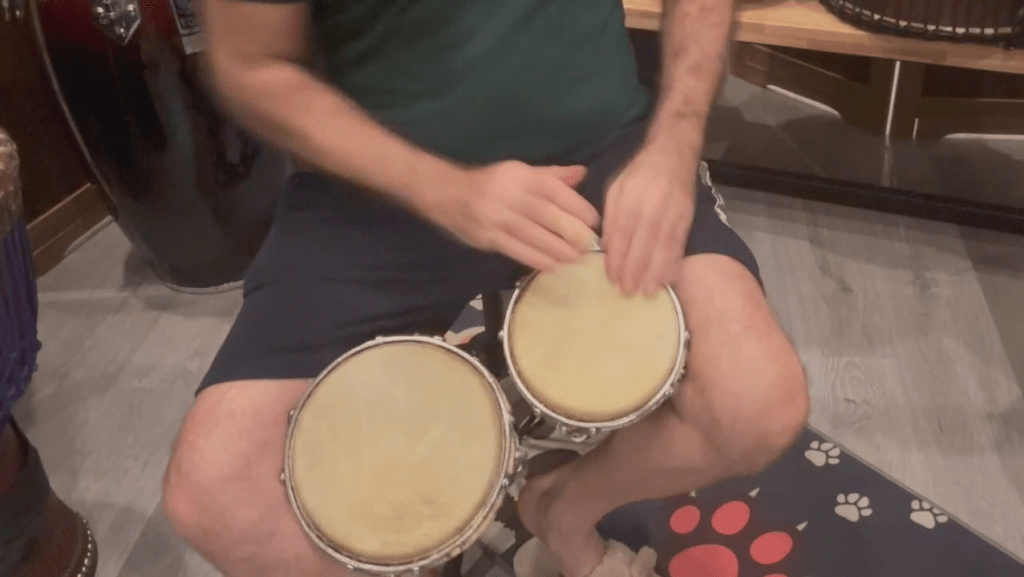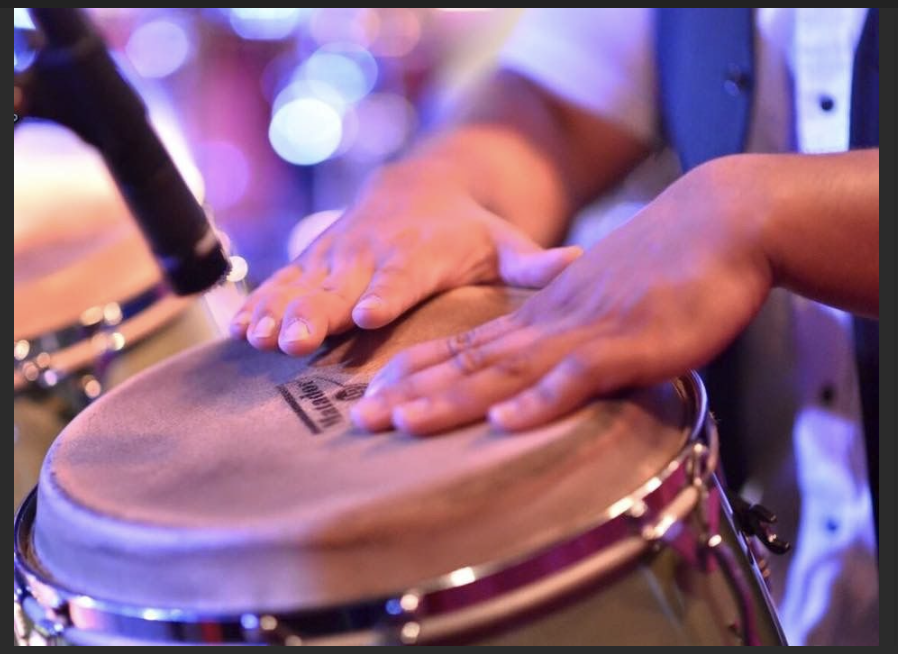Drums and drumming are incredible activities that are open to everyone, regardless of background or experience. It’s true: anyone who has the desire can learn to play the drums. However, it’s important to emphasize that drumming is not just a pastime or children’s play; the drum is a genuine musical instrument that deserves to be respected and learned properly.
In our Western society, we often see elements of culture being appropriated without a full understanding of their significance. I’ve noticed this phenomenon during my travels and through various media.

For instance, many people are drawn to the djembe—a drum that has gained immense popularity—but they often treat it more like a prop than an instrument. I once attended a self-awareness seminar led by a well-known actor who had a djembe situated awkwardly between his legs, barely acknowledging its presence. It simply went unplayed and unnoticed amidst all the self-help rhetoric. This kind of portrayal can dilute the real beauty and meaning behind the drum.
Moreover, I’ve seen the drum used in various healing practices, which is often done without a solid foundation in the instrument’s cultural and historical context. One such example is a young woman in South Florida who leads women’s workshops, where participants refer to her as a master.
While the emotional expression in these sessions can be powerful, I can’t help but wonder why they are using the djembe specifically. The drum carries with it a rich history, one that intertwines with song, dance, and community. Instead of incorporating it into personal programs without proper knowledge, why not take the time to learn about what the drum truly represents?
When children are encouraged to participate in drum circles, I believe it is crucial for them to understand the cultural context of the instruments they are using. The drum has a long and sometimes tumultuous history, especially in the Americas, where certain styles and rhythms faced suppression. It’s about more than just making noise; it involves honoring traditions and acknowledging the struggles that have surrounded these beats.
Rather than creating informal “healing rituals” that lack depth, we should focus on the importance of music education and respect for instruments. Learning to play the drums is not just about striking a surface; it’s about connecting with a rich legacy that has shaped communities for centuries. By educating ourselves—and particularly the younger generation—about the significance of the drum, we can foster a deeper appreciation for music as a whole.
In conclusion, while drumming can indeed be a fun and liberating experience, it’s essential to approach it with the reverence it deserves. We should strive to view drums as musical instruments that require skill and dedication to master, thus ensuring their cultural significance is preserved and respected for future generations.

